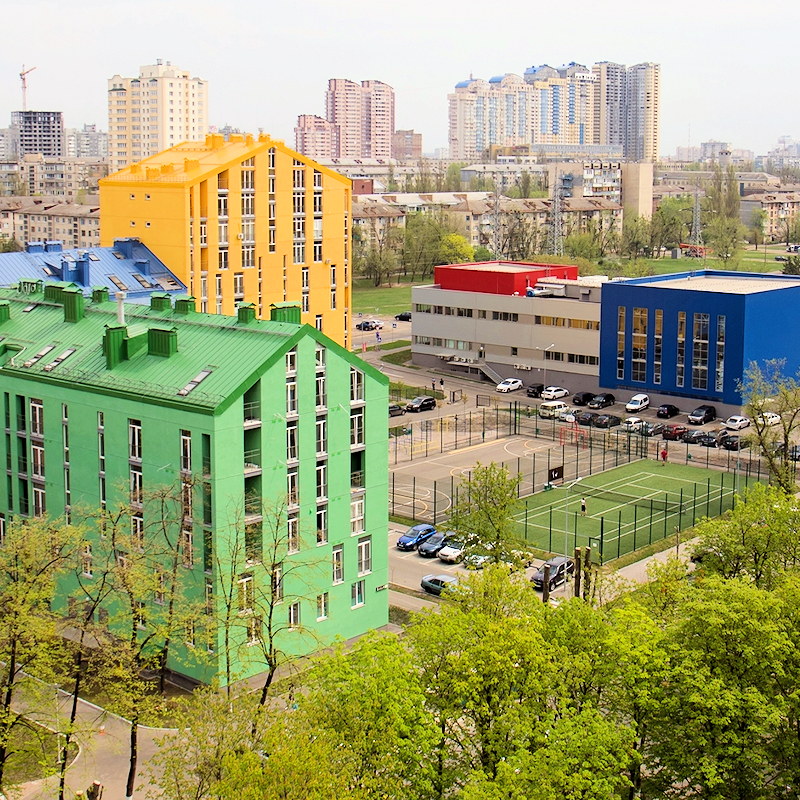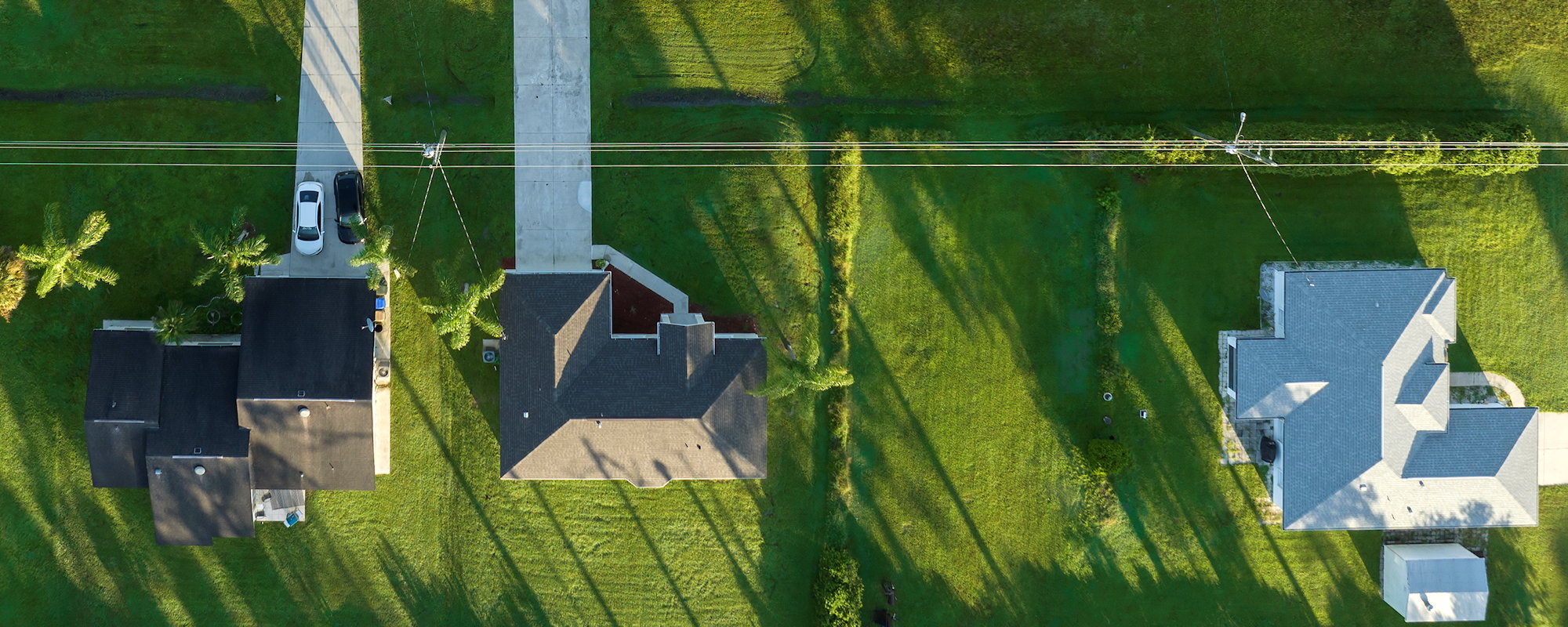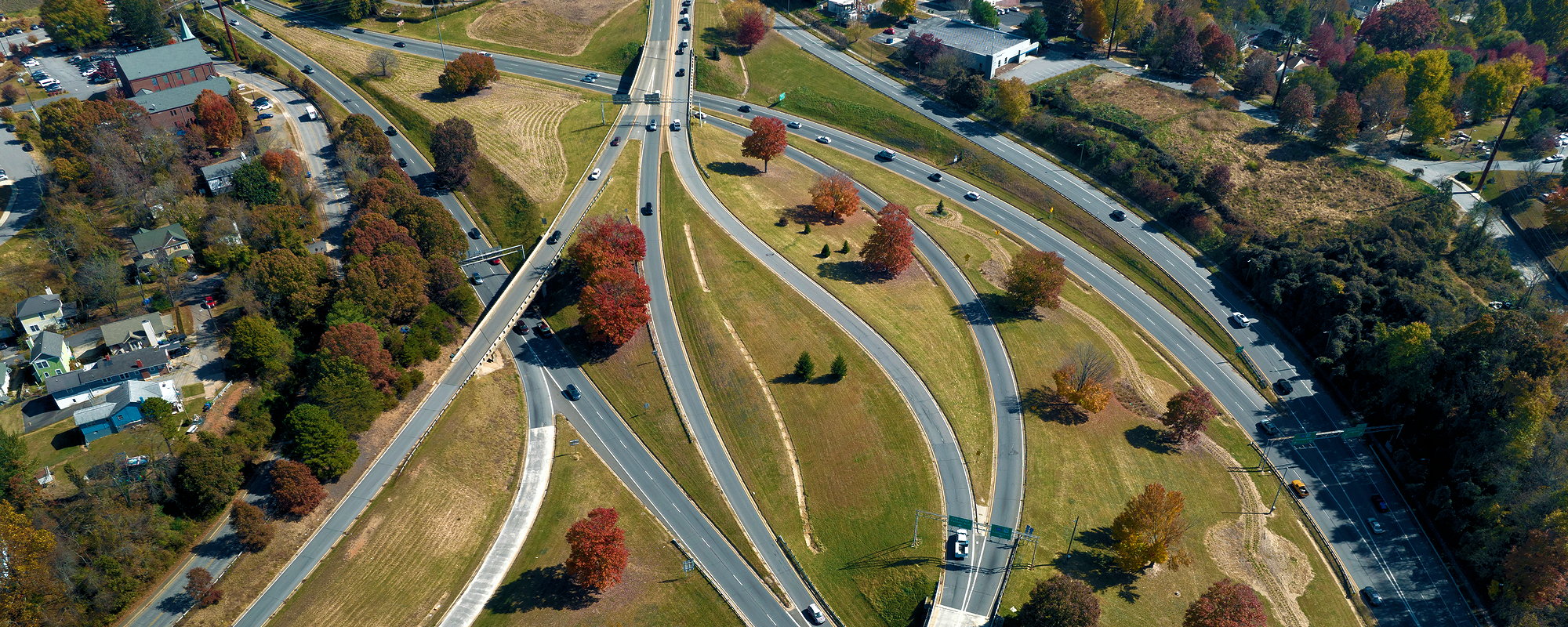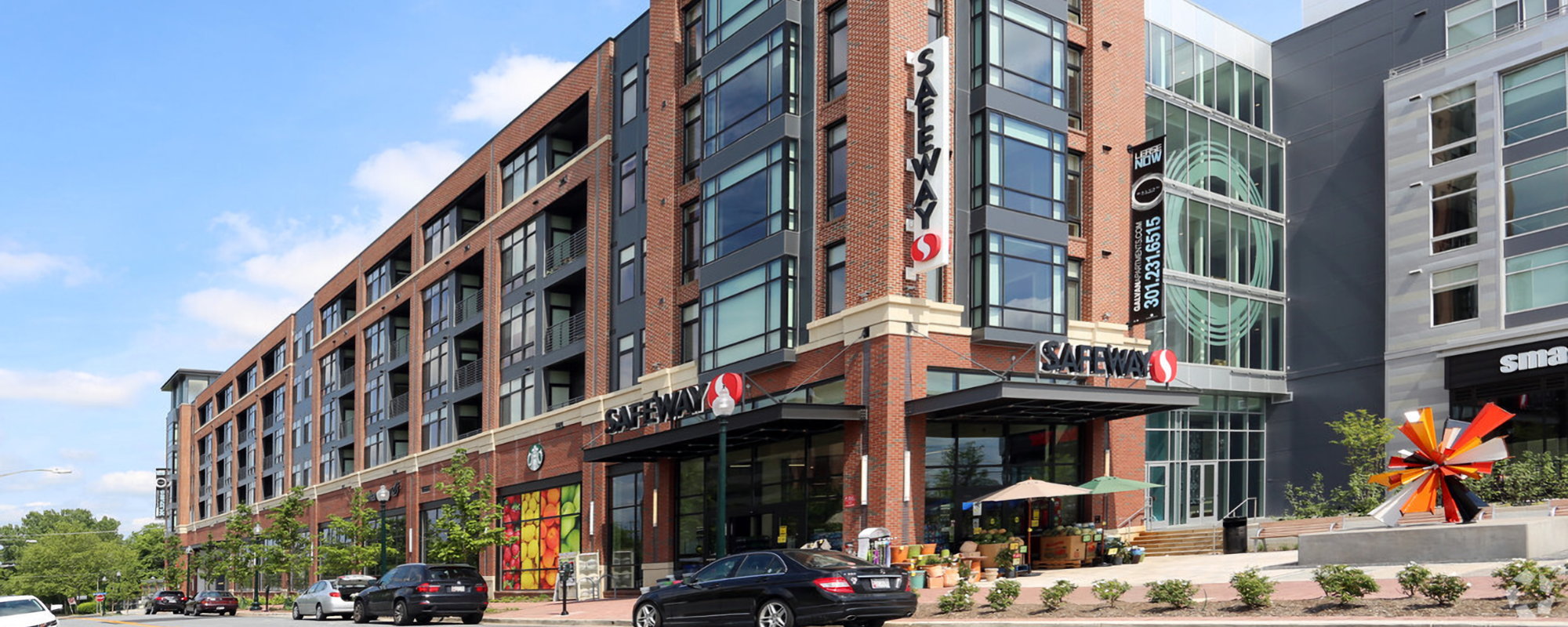
Land use conflicts are often complicated, involving many different groups with varied goals and interests.
These groups include planning boards and agencies, neighborhoods and homeowners’ associations (HOAs), developers, nonprofits, and other public interest groups. As with natural resource management, in land use planning, multiple groups may share similar goals but differ on how to achieve them or who is responsible for what actions.
Simply put, these parties don’t always speak the same language. Government agency planners are subject matter experts with deep, technical expertise. They may communicate in ways the public won’t easily understand. This lack of clarity can cause confusion and frustration between agency planners and citizens and business groups.
Our role is to help each group better understand the other so they can work toward finding common ground and seek solutions based on areas of common interest.
This may involve communicating public input in ways that planners can understand and relate to. Often, it means working with planners to make their technical ideas more accessible to the public.

“I have worked with Richard on several important environmental policy dialogues. He is professional, prepared and most importantly, wise. For example, we worked together on convening a policy dialogue regarding whether a community would support applying for designating a local river as a Wild and Scenic river. Richard was extremely thoughtful as we prepared questions and discussed the issue with Stakeholders. Richard is a great listener as well as being an ethical and thoughtful person.”
“Our work together included land use, county policy and organizational disputes. Richard always brought passion for the work, attention to detail and process design, and genuine appreciation for the people we assisted. Needless to say, this made for quality projects that were fun to do.”





